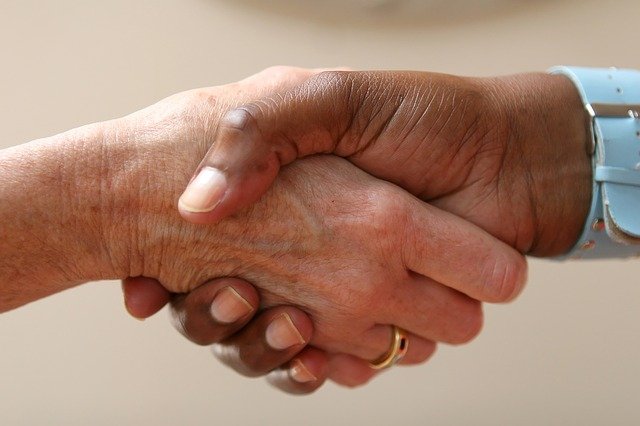Some of the best relationships can develop from the least obvious connections – I believe that in life, as well as in the practice of law.
Criminal defense lawyers and personal injury litigators are fighters who have more in common than one would initially recognize. We ultimately have the honor of fighting for three interconnected and universally critical needs: health, time and money.
When considering criminal defense, funds are well-spent on private lawyers who can successfully advocate for reduced or no prison time, which would be vital to a defendant’s health.
My aim as an injury lawyer is to secure justice and compensation so that my client can heal. While I always prepare for a trial, favorably resolving a case by settlement, thus avoiding trial altogether, is the preferable method. Once I realized that we have similar goals for client service, just in different court systems, I identified with criminal defense lawyers more than I ever thought possible.
That is why criminal defense lawyers should develop professional relationships with injury lawyers, and vice versa. Referring these cases can be sensitive – but when handled correctly, this largely-untapped dynamic can work to the benefit of clients, create bonds among lawyers, and strengthen the integrity of the profession.
How Injury Cases Can Lead to Unrelated Criminal Matters
As a personal injury attorney, I get to know my clients and their families. The injured client often has a spouse, child, parent, or other relative that they depend on to provide me with details like paperwork, insurance forms, and other vital information. These are usually hardworking people who are running households, working full-time, or even retired.
Most have never stepped foot inside a courtroom and are also a bit worried or stressed about the litigation process and need extra reassurance and comfort. Our relationships are more than just transactional. They have discussed other happenings in their family or community – sometimes they are simply venting, but often they have legitimate legal issues and need a sounding board. I have heard countless stories about sons and daughters arrested for everything from DWI to weapons charges and domestic violence. Because I have the trust of these families, they often ask me to take their case or provide legal counsel. I have to politely decline, since the matters are outside the scope of my practice.
But ideally, the dialogue would not end there. I would much rather refer them to a qualified criminal defense lawyer who shares my values, particularly when it comes to a genuine belief in the law and dedication to client service.
Following a Resolution
I believe that everyone is entitled to the best possible representation – particularly if a criminal trial seems inevitable.
It is somewhat atypical, but courtroom opponents have reached out to me after a matter has resolved because they recognized that my approach to advocacy stems from genuine belief in our justice system, and they are seeking a trusted peer with the same drive.
I’m not mentioning this to be self-aggrandizing – it is because opportunities have arisen from unlikely places and people. Some defendants were simply not satisfied with their lawyer’s performance and realized they needed to start fresh, particularly when criminal charges were pending.
Referrals and Reputation
I am always willing to speak or meet with criminal lawyers – and all practitioners – who share the same philosophy on legal services. Direct referrals demonstrate a commitment to individualized client service, which is something many lawyers promise and not as many deliver on, and especially in a landscape that increasingly relies on virtual connections.

The act of referrals is also something to be taken seriously. Any referring attorney should explain the relationship to the client. In some instances, the referring attorney will also act as co-counsel on the case – even if it is outside the general realm of experience – to further ensure their case is appropriately handled.
To be clear, a referral is not the same as being opportunistic or betraying a trust. The purpose is to present legal options to the client. As long as we have clients’ consent and all parties continue to abide by the current Rules of Professional Conduct set forth by the State Bar of California, then referrals are generally acceptable.
A Note on Rates and Fees
The State Bar of California requires lawyers to disclose to the client whether they are also receiving a referral fee. If you refer a client to a lawyer where you will be receiving a portion of the fee, make sure that lawyer gets written consent from the client. If the referring lawyer does not provide you a copy of the retainer agreement, ask for a copy.
Looking Ahead
Some of the best relationships can develop from the least obvious connections – I believe that in life, as well as in the practice of law. When it comes to client service, criminal defense lawyers and injury lawyers are often on two sides of the same coin. Though we may work in different court systems, we have a lot to gain from each other’s insight.


Join the conversation!